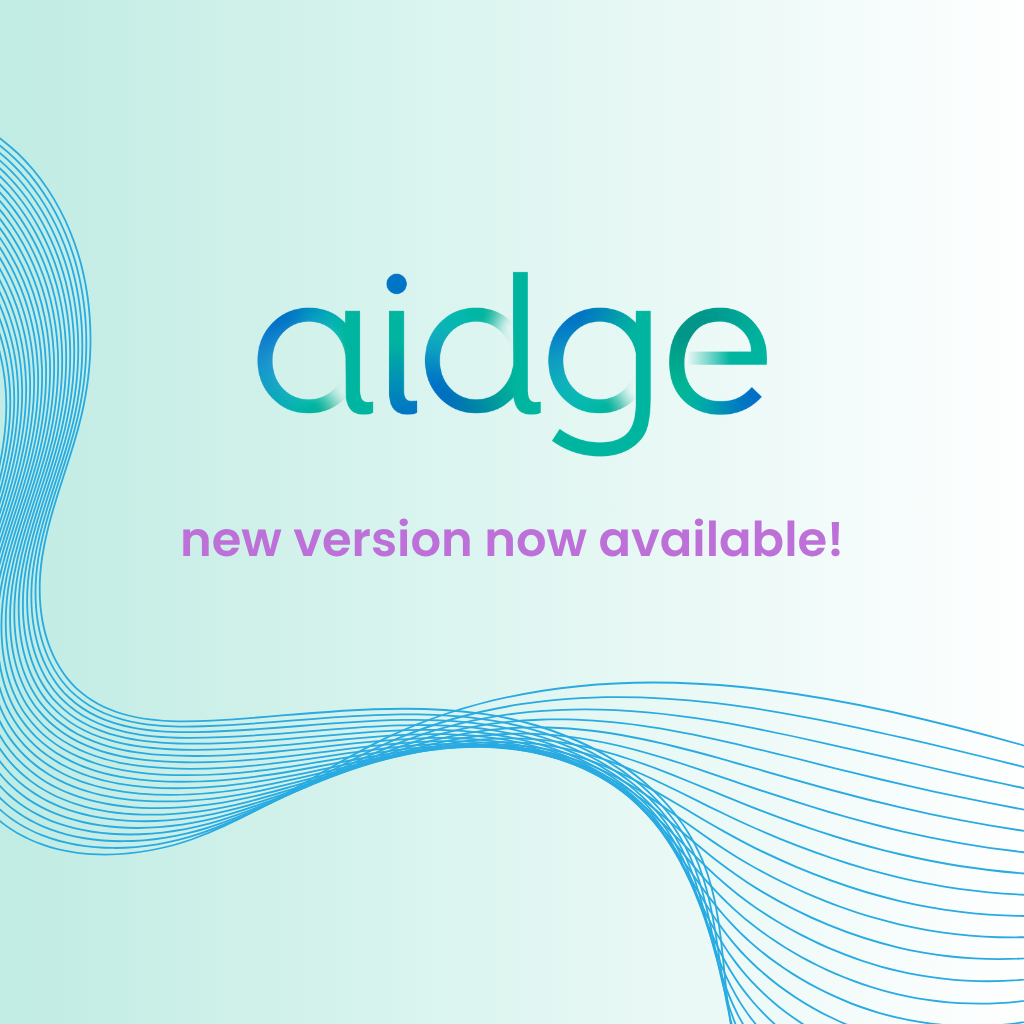
05 juin 2025
Aidge v0.6: Advancing Embedded AI with Efficiency and Flexibility
The DeepGreen consortium is pleased to announce the release of version 0.6 of the Aidge framework, a modular, open-source deep learning platform dedicated to embedded systems.
Since its introduction in early 2024, Aidge has aimed to bring high-performance, low-power artificial intelligence to a wide range of hardware, from microcontrollers to GPUs. With version 0.6, the framework takes a significant step forward in both functionality and maturity.
A platform designed for embedded intelligence
Aidge is designed to help developers create, optimize, and deploy neural networks in environments where resources are limited and performance constraints are high. The platform provides an end-to-end design flow, supports the ONNX standard for interoperability, and offers fine-grained control over code generation and hardware adaptation.
Version 0.6 introduces several major advancements:
Version 0.6 introduces several major advancements:
Key innovations in version 0.6
- Expanded ONNX support and simplification
- Advanced optimization techniques
- Improved backend performance and capabilities
- Spiking Neural Networks (SNNs)
- Developer-centric improvements
A growing ecosystem
Aidge is available as open source and is actively maintained on the Eclipse Foundation's GitLab. Each module is versioned and can be used independently, fostering transparency and collaboration.
The development roadmap is ambitious: version 0.7 is expected in July 2025, followed by version 0.8 in September. Future updates will further refine training, compression, and hardware deployment capabilities.
The development roadmap is ambitious: version 0.7 is expected in July 2025, followed by version 0.8 in September. Future updates will further refine training, compression, and hardware deployment capabilities.
Toward more efficient and sovereign AI
As AI becomes ubiquitous in everyday devices, there is a growing need for frameworks that are efficient, flexible, and independent of proprietary ecosystems. Aidge addresses this by offering a fully open, customizable solution for embedded AI, built with European expertise and aligned with the goals of the DeepGreen project.
For more information or to access the source code, visit the Aidge platform webpage and join the growing community of contributors: https://projects.eclipse.org/projects/technology.aidge
For more information or to access the source code, visit the Aidge platform webpage and join the growing community of contributors: https://projects.eclipse.org/projects/technology.aidge
Suivez toute l'actualité du projet